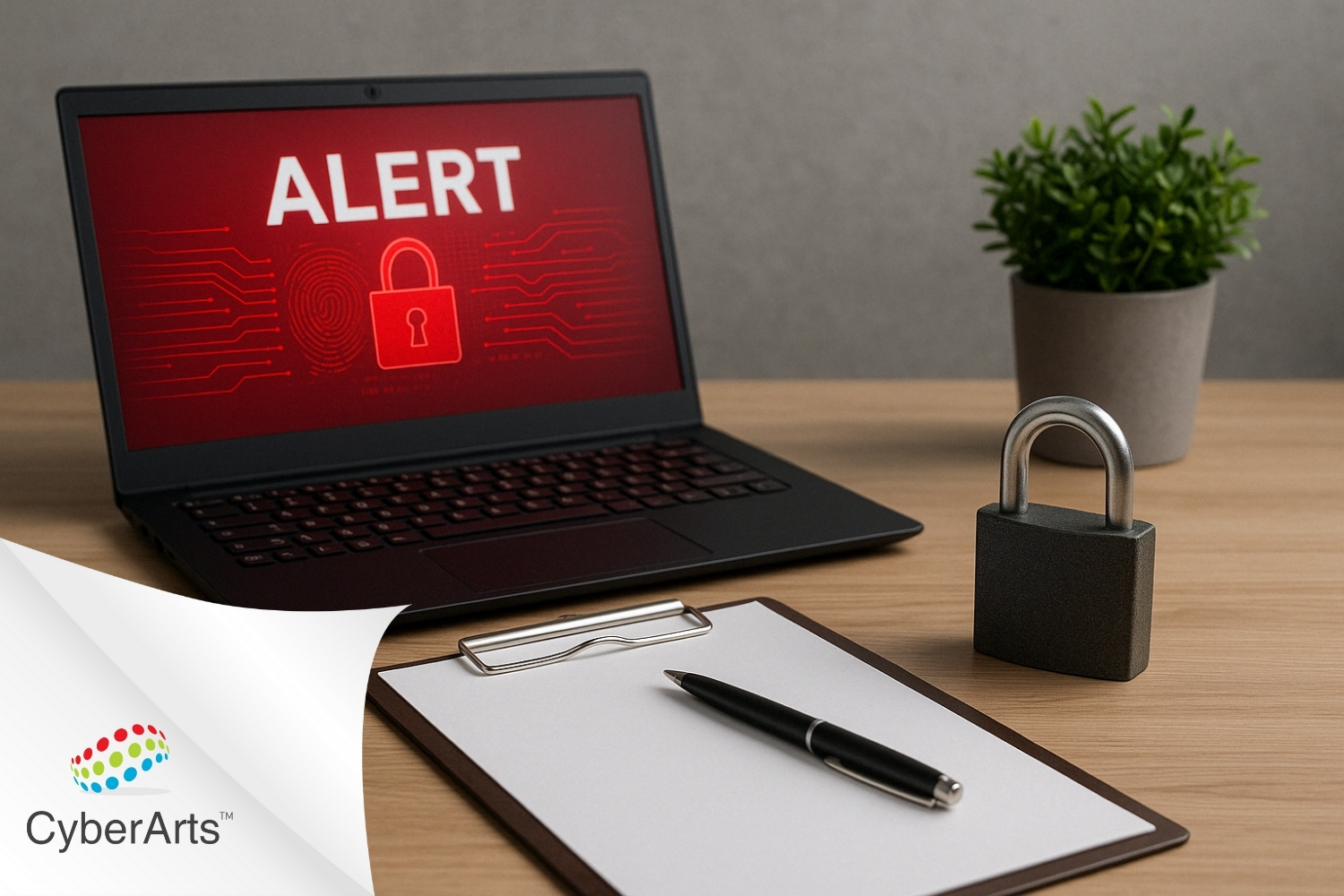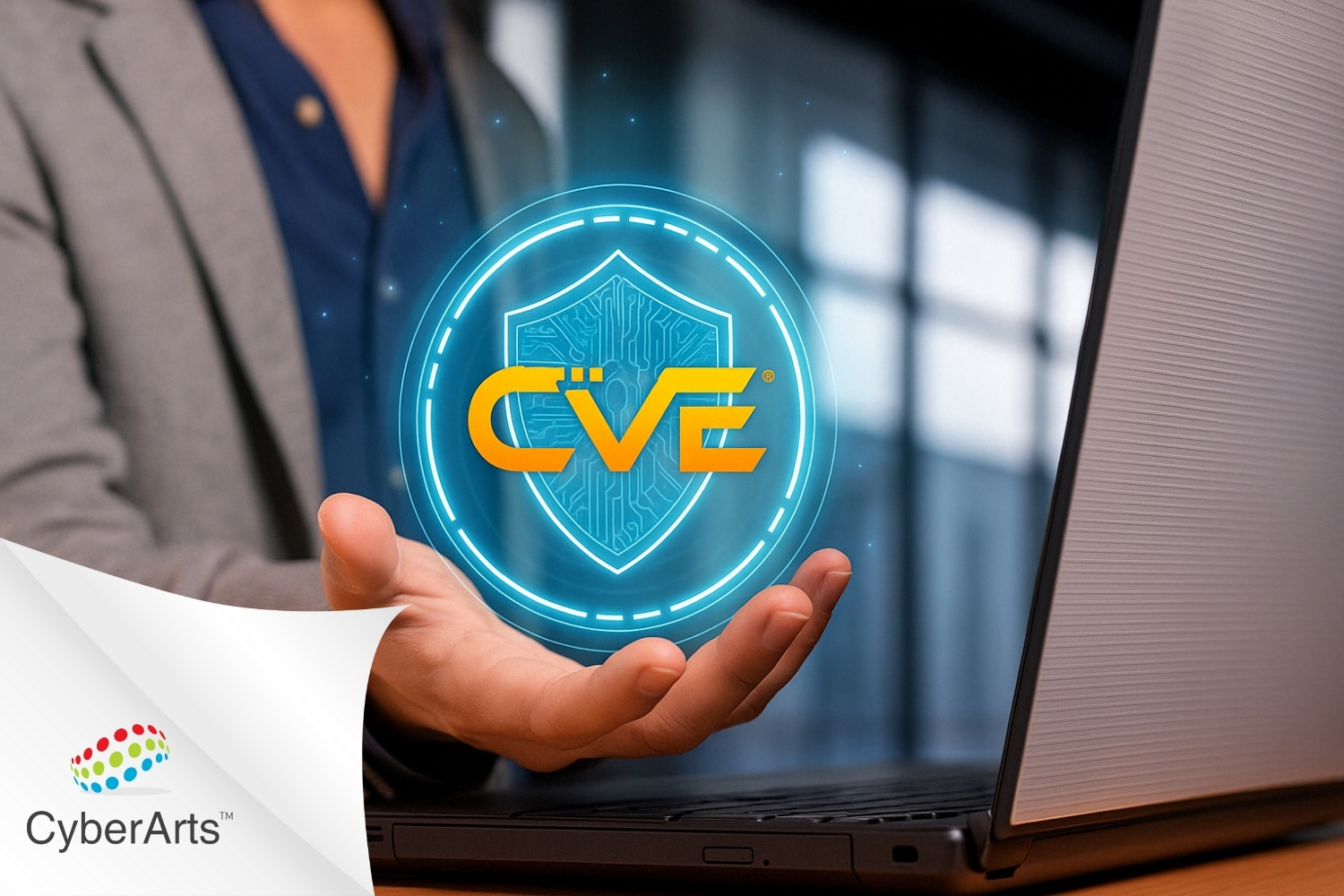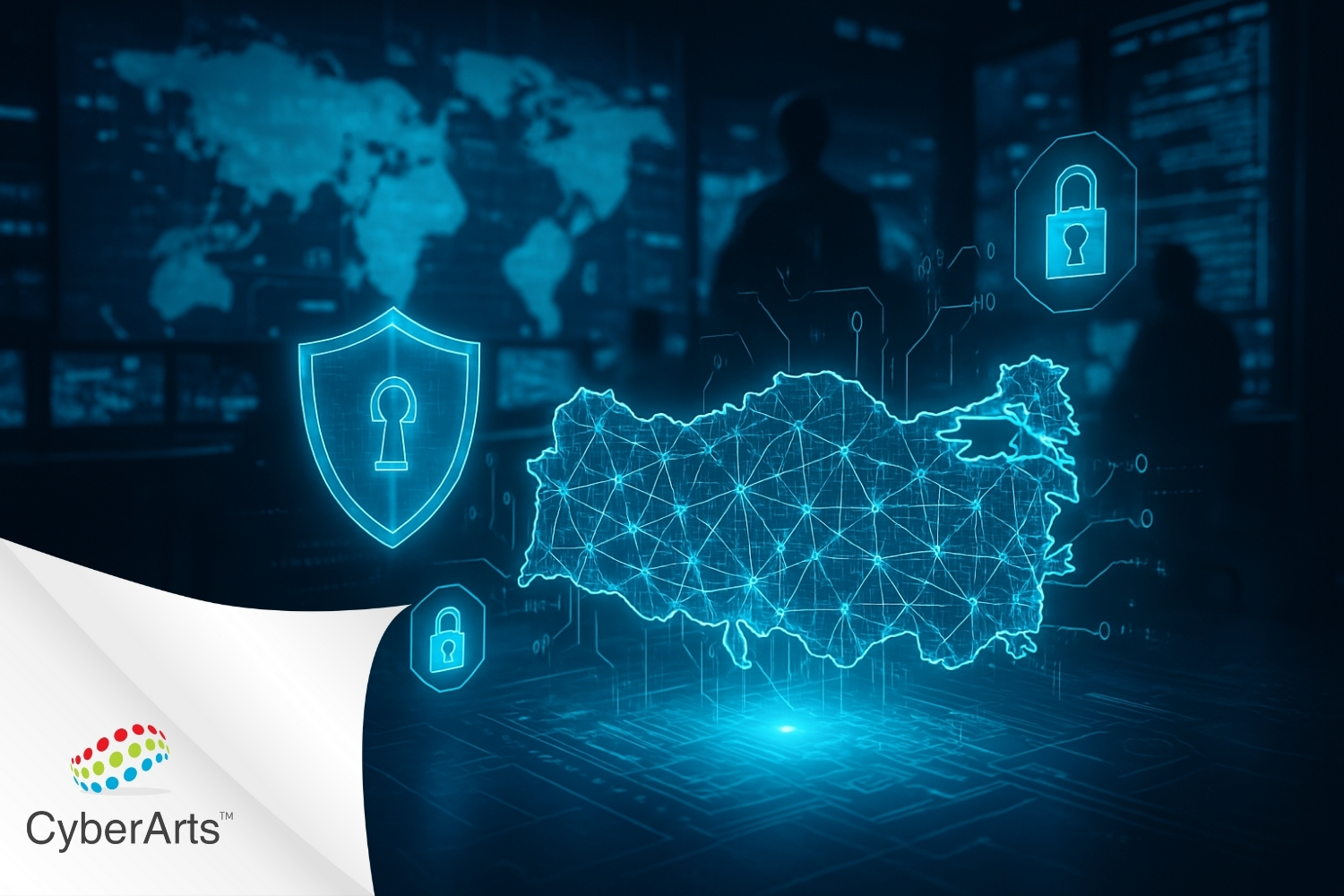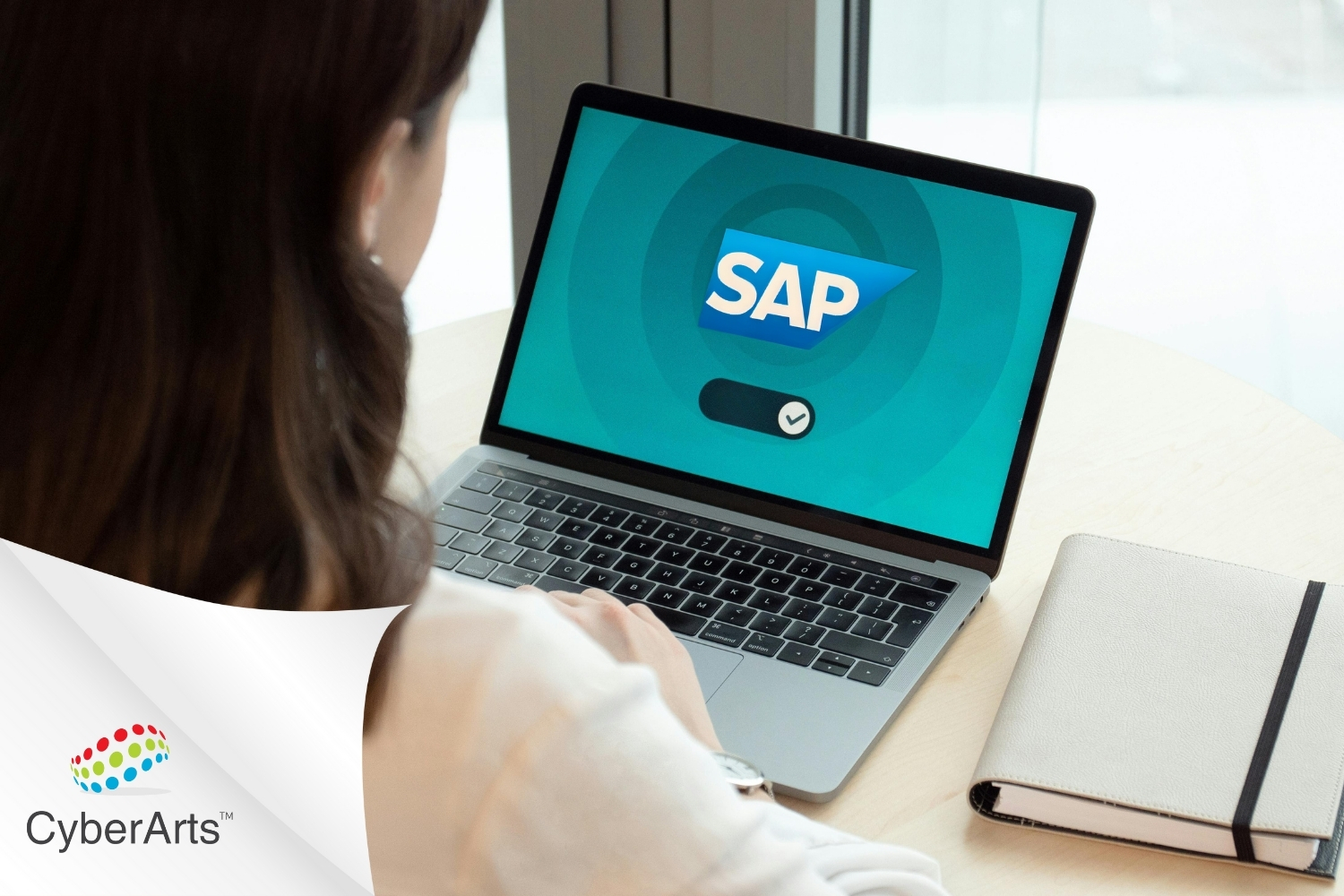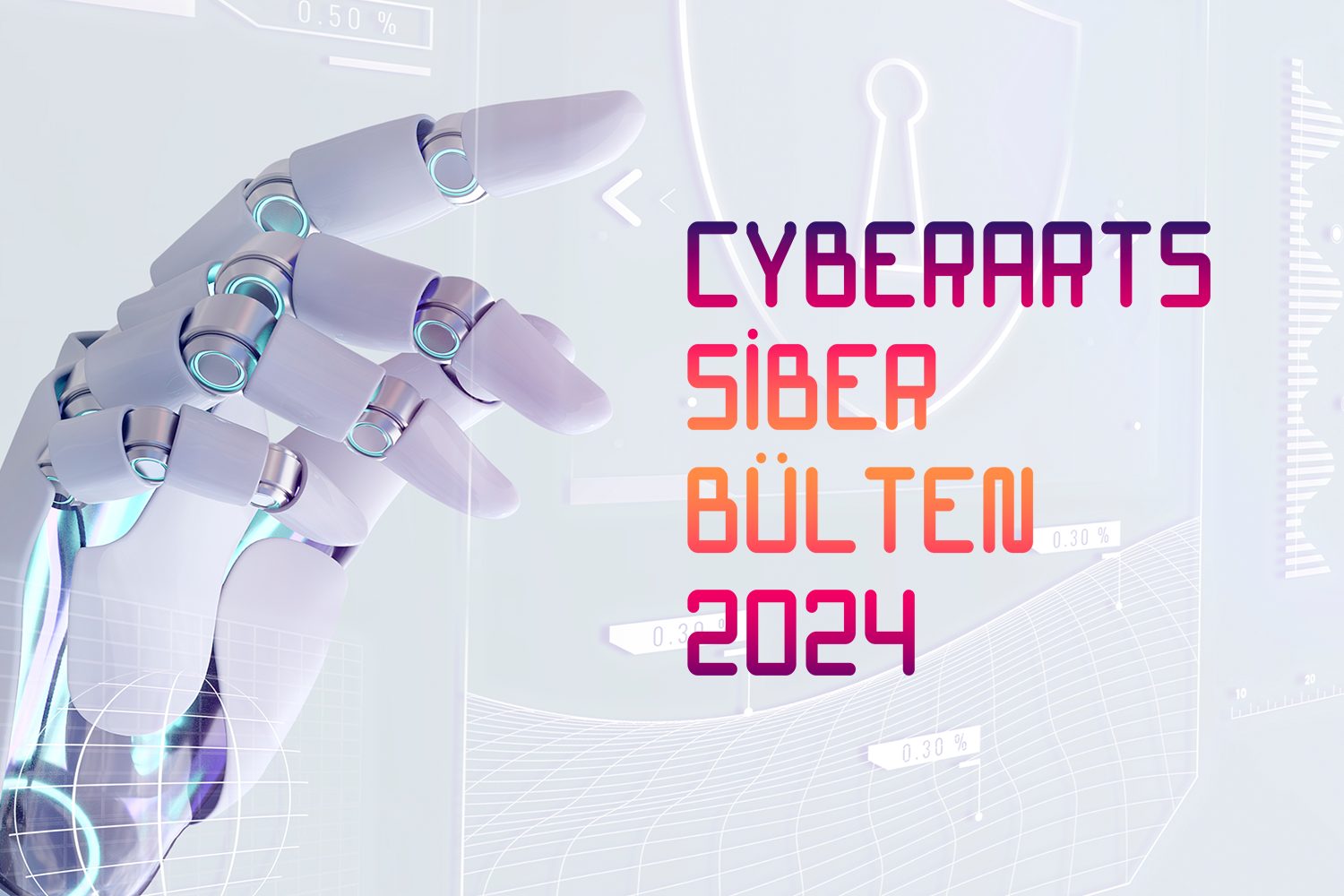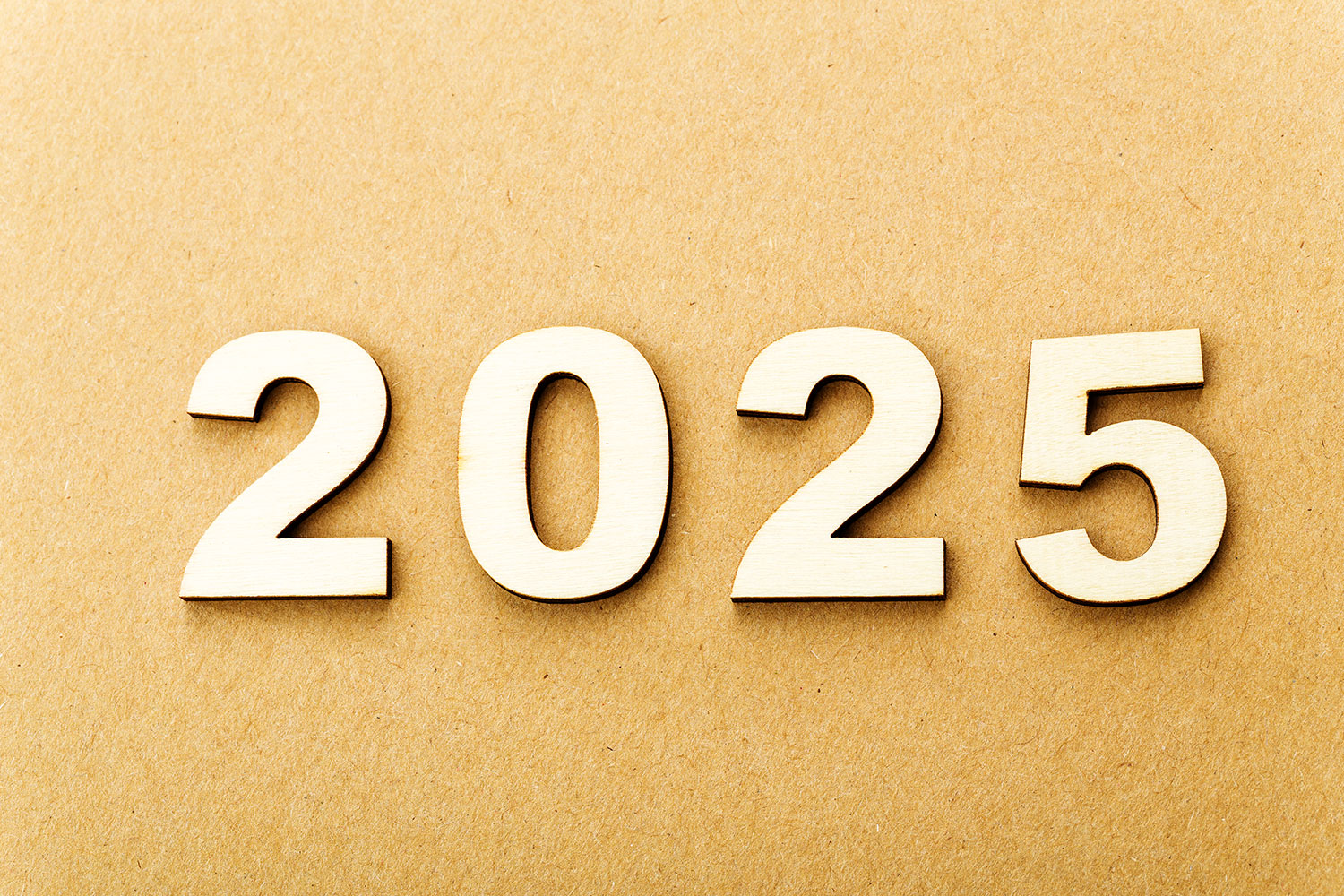What is a Digital Wallet?
With the digital age, contactless and online payment transactions continue to increase. The need for people to save time and gain practicality in this age has revealed the digital wallet solution on the side of financial technology. Especially after the pandemic in the world, with the digital environment taking over every aspect of our lives, it has become inevitable for money and wallets to become digital.
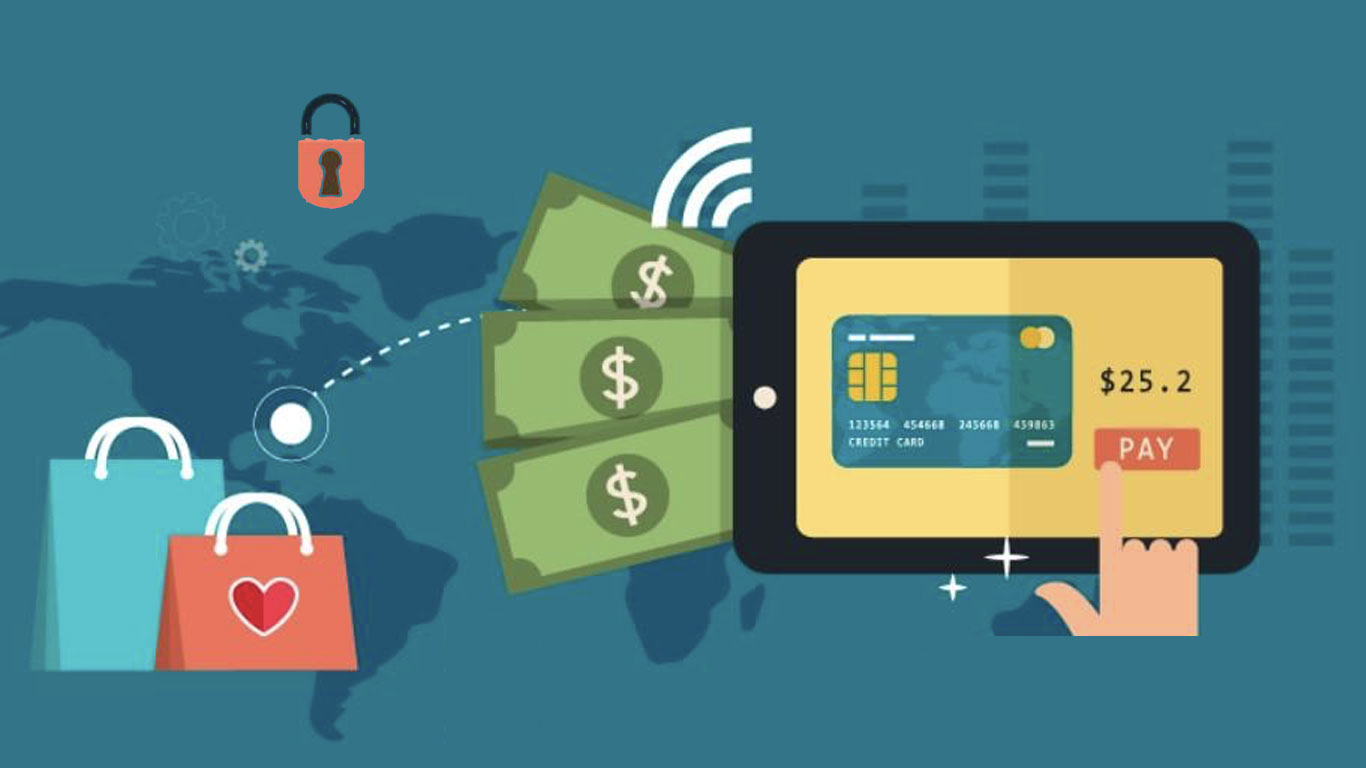
digital wallets; Also called e-wallet, it is a financial transaction application that stores users' payment information on their cloud systems or mobile devices. It provides free processing power without the need for any physical payment instrument. It securely stores your personal data (password, credit and debit card information, etc.).
Contrary to popular belief, it is more secure than physical credit cards and is stored on the server side with extremely strong algorithms and encryption methods.
How Does a Digital Wallet Work?
Digital wallets where account and card information are stored via biometric passwords, debit and credit cards owned by the same or different banks should be defined in the wallet account opened. Some wallet applications, on the other hand, can transfer balance from bank account to wallet with an account number linked to wallets without connecting a card. A digital wallet can be used when shopping at a physical store. They provide ease of operation by using the following various technologies.
- QR Code: Payment can be made through the application by scanning QR codes on the camera of your device with your digital wallet installed.
- NFC: With N:FC, which is a contactless payment option, payment is made by bringing the payment vehicle closer to the contactless payment terminal, providing information flow between the two devices.
Magnetic Secure Transmission (MST): It is a technology where payment is made by devices such as smartphones, by emitting a signal that mimics the magnetic stripe on the card.
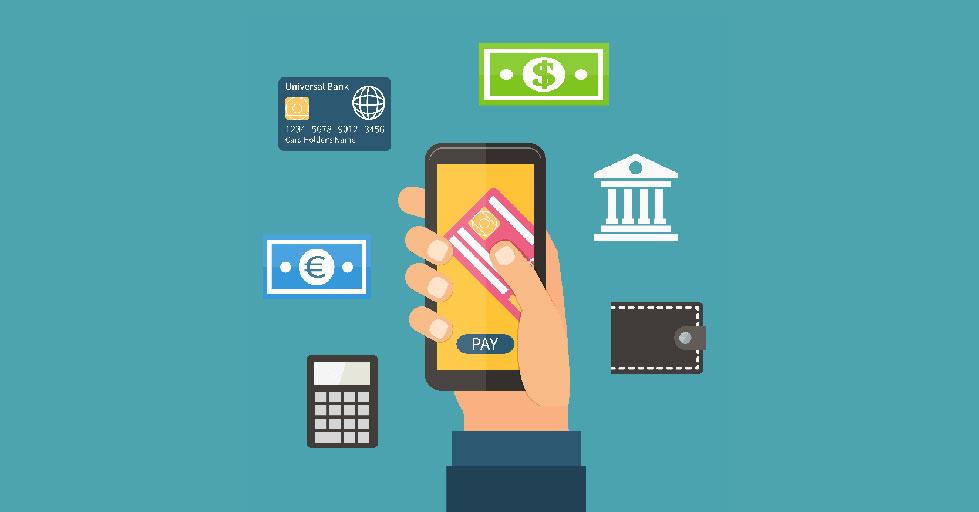
With the development of technology day by day, Digital Wallet continues to develop and offer different solutions not only in the financial field, but also in the name of identity verification. Of course, with the ability to store such important personal data, it becomes the focus of attackers as well as users. When this is the case, the concerns of the users and the expectation of reliability increase in terms of security. So how does the digital wallet meet this expectation and store important data?
Digital Wallet Security:
We mentioned above that a digital wallet is a more secure method than physical payment methods. First of all, it eliminates the possibility of loss or any theft, and also gathers account management in one place.
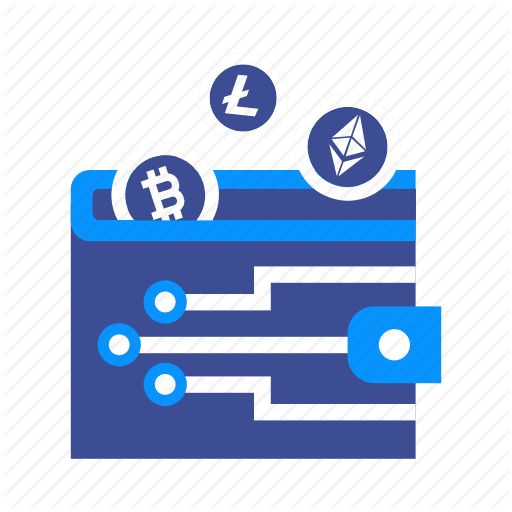 Because Digital Wallets are basically an application, their data storage is compliant with PCI Data Security Standard (PCI DSS) and depends on certain standards.
Because Digital Wallets are basically an application, their data storage is compliant with PCI Data Security Standard (PCI DSS) and depends on certain standards.
PCI Security Standards cover the logical and physical information security rules that must be followed during the processing, transmission and storage of credit cards in shopping. It is the structure that determines the PCI DSS security standards and issues certificates according to their levels. It realizes the trust environment with the trust environment created by these certificates.
It keeps track of the private keys and public keys used to digitally sign and execute the transactions defined in the backend. Also, since the data is tokenized, your real card number is not visible. Only tokenized information is received when making a payment. Transactions are encrypted and transaction content is stored in a unique code specific to each transaction. Therefore, even if malicious people manage to block user actions, they cannot use the data they obtain.
In addition, even when malicious people's smartphone is stolen, the biometric (face recognition, fingerprint) data used for the user's digital wallet is unique, making malicious use extremely difficult.
Sonuç olarak dijital cüzdanlar kullanıcılara sanal işlemleri, hediye kartları gibi işlemlerde güvenli ve pratik yöntem sunar. Kullanıcıların beklenti ve ihtiyaçlarını karşılamaya yönelik ise gelişimine ileriki zamanlarda devam edecek. Bunun yanın sıra %100 güvenlik hiçbir zaman sağlanamadığı gibi kurumsal veya bireysel olarak güvenlik kontrolünü en üst seviyede tutmak gerekir.
With the technology that continues to develop day by day, the features covered by the digital wallet seem to make a name for itself in every aspect of our lives.
[vc_row][vc_column][vc_cta h2=”” add_button=”bottom” btn_title=”Teklif Talep Edin” btn_style=”flat” btn_shape=”square” btn_color=”danger” css_animation=”fadeInLeft” btn_link=”url:https%3A%2F%2Fcyberartspro.com%2Fteklif-isteme-formu%2F||target:%20_blank|”]Siber Güvenlik, Dijital Dönüşüm, MSSP, Sızma Testi, KVKK, GDPR, ISO 27001, ISO 27701 ve DDO Bilgi ve İletişim Güvenliği Rehberi başlıklarıyla ilgili teklif almak için lütfen tıklayın.[/vc_cta][/vc_column][/vc_row]


